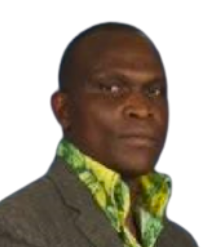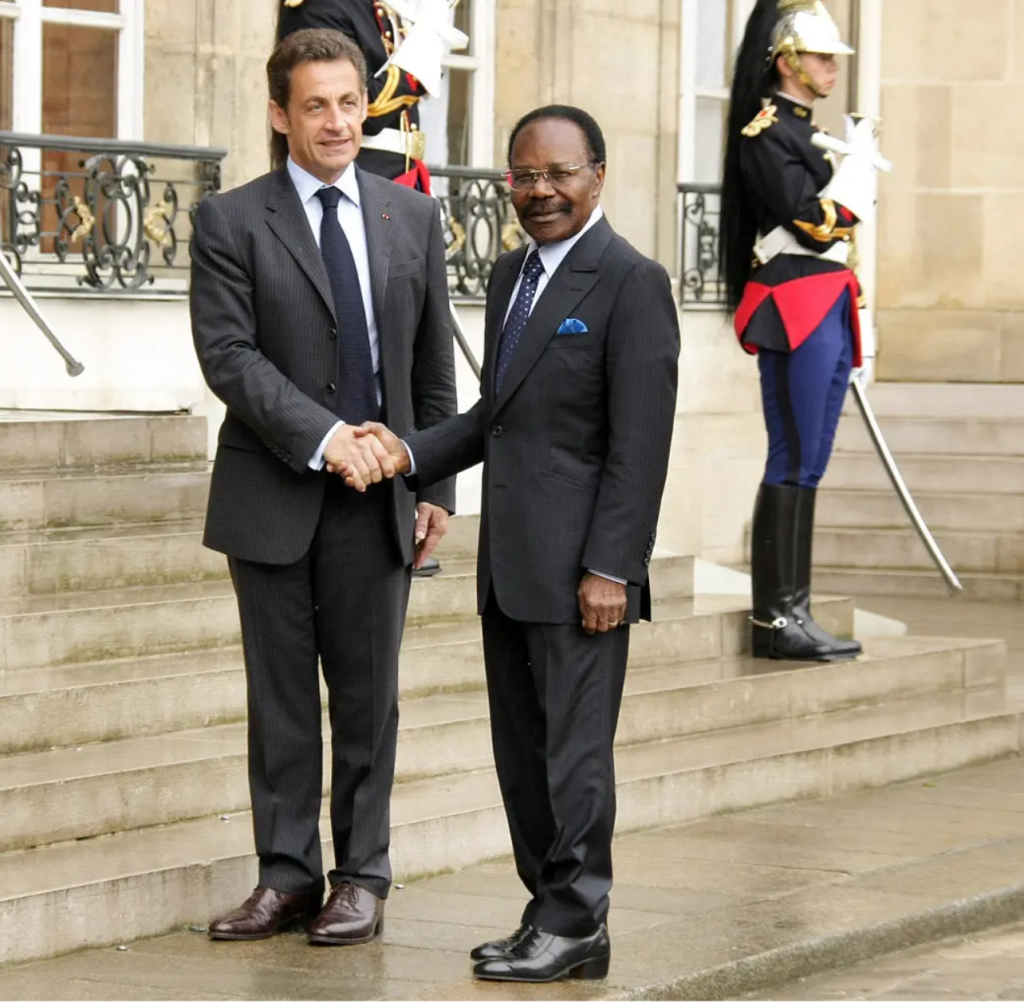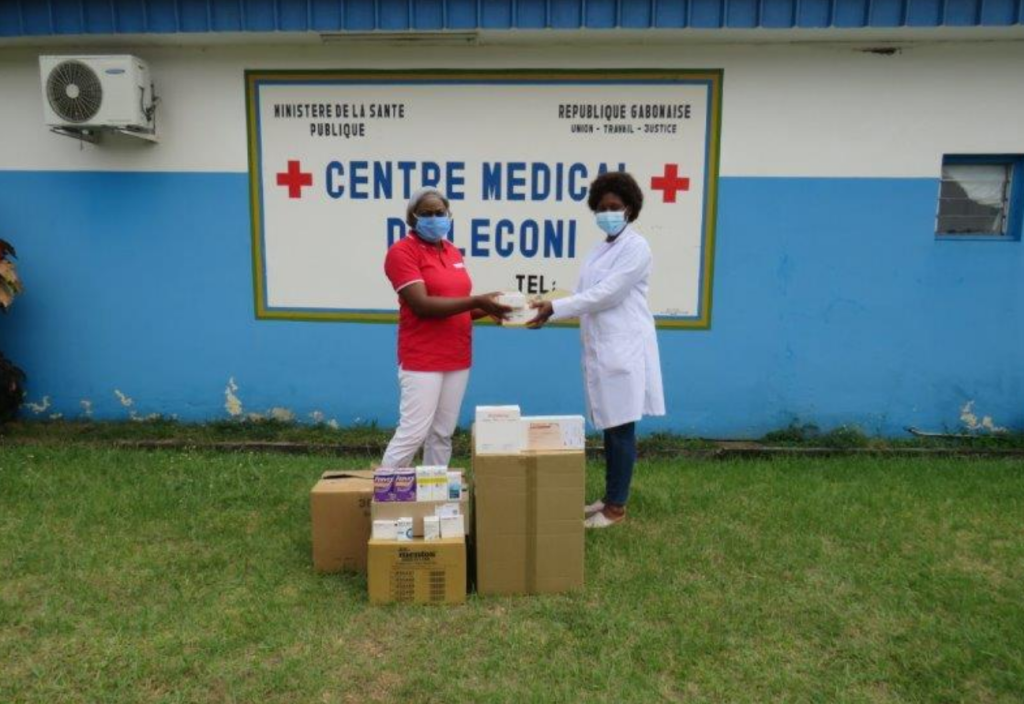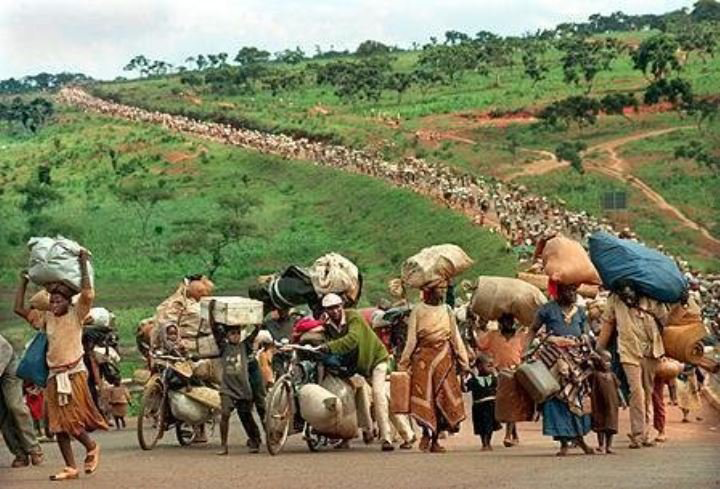In the tumultuous 1990s, Rwanda witnessed an exodus of millions of Hutu refugees desperately seeking safety beyond the borders of their homeland. The outbreak of armed conflict and political instability triggered a massive displacement, with countless families uprooted from their homes in search of a chance at survival.

Dr. William A. Twayigize
- Home
- About Us
- Testimonies
- The Long Walk
- My Homeland
- A Day With My Father
- The Village Traditional Healer
- A Murder On Boxing Day
- My Last Football Match
- Our Prophets And Patriarchs
- The Assassination of the Presidents
- The RPF Massacres of Hutus in Zaire/DRC
- The Fall of Mobutu
- The Hutu Refugees Massacres in Picture
- A Hellish Journey to Rwanda
- Killed From The Altar
- The Origin of Hatred
- Arriving In Kenya
- A Scarred Past
- Coming to America
- Arriving in America
- Ministries
- Contact Us



